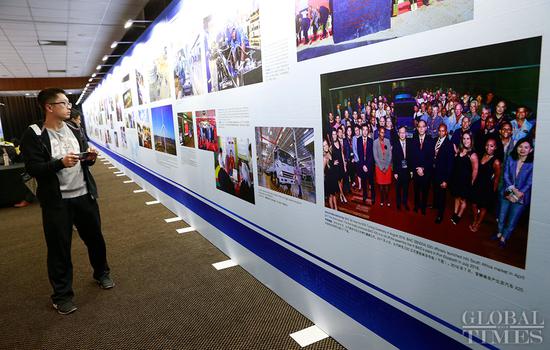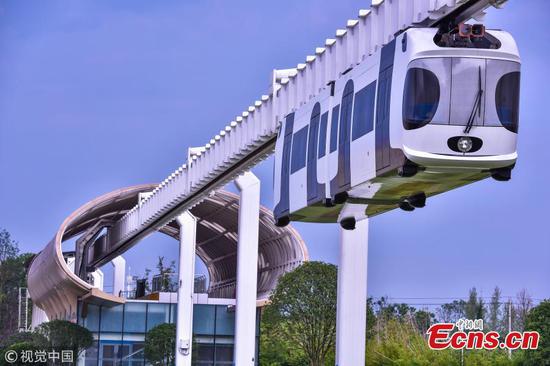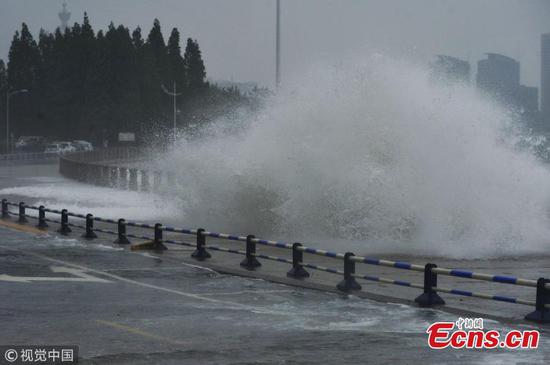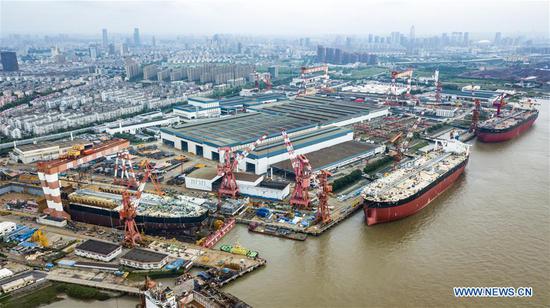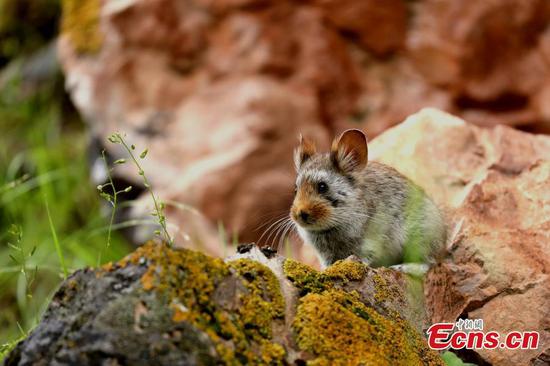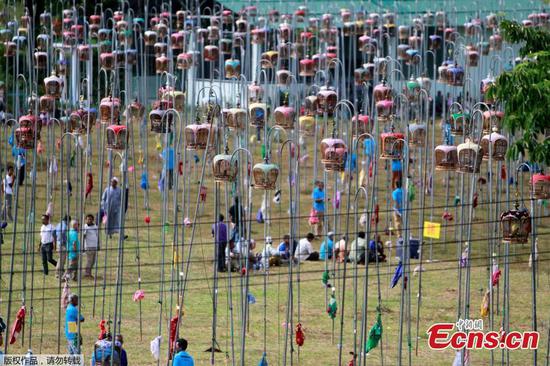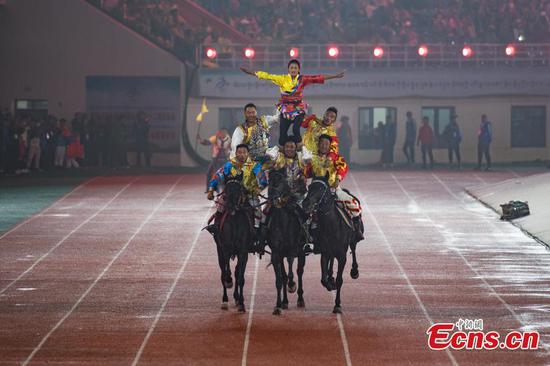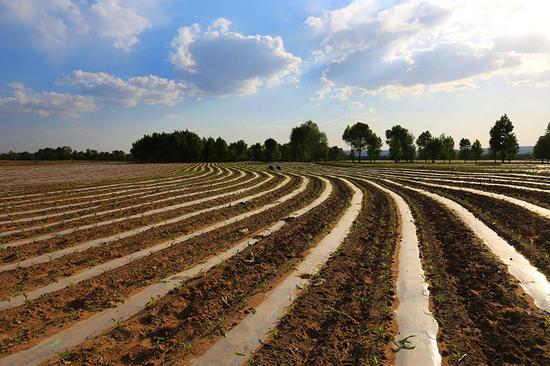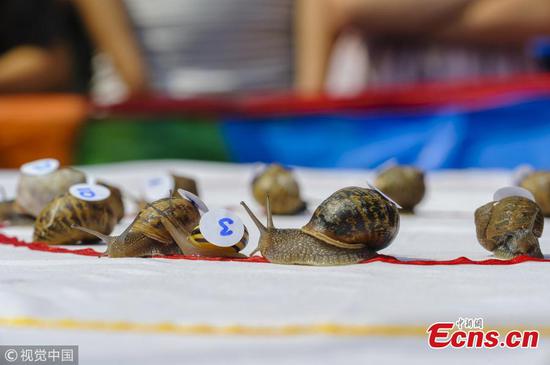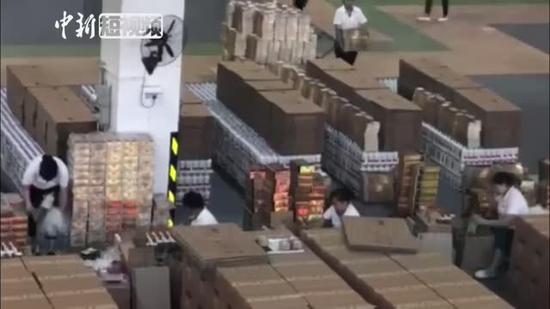Agriculture 'could pose more threat than vehicles' warning
Improved technology and awareness of pollution mean that in recent years, the worldwide transport industry has become cleaner and greener, but researchers are now warning that cows - rather than vehicles - could soon be the chief culprits of climate change.
Figures from the United Nations show that livestock are responsible for 14.5 percent of global emissions, which is roughly the same as transport.
Michael Lee, a sustainable livestock systems scientist at British agricultural institution Rothamsted Research, has warned that emissions coming from the meat and dairy industries may soon overtake those from combustion engines – and China’s increasing taste for meat, eggs and dairy products is a significant contributory factor.
Lee is part of an international team of researchers led by the Chinese Academy of Sciences that has developed an action plan to increase productivity in China’s livestock industry while lessening its environmental impact.
The research, which was published this week in the journal Science Advances, was led by Bai Zhaohai, an associate professor at the Academy’s Center for Agricultural Resources Research. “China's livestock transition is massive, in terms of its scale and speed," said Bai.
The study reveals that, between 1980 and 2010, average meat, milk and egg consumption per capita increased faster in China than anywhere in the world. During that time, the livestock population of China grew from 142 million to 441 million animals, making China the world's biggest livestock producer.
“China's livestock transition has significant global impact and there is critical need to develop pathways for more sustainable livestock production," said Lee.
A separate study published this month by the United States-based Institute for Agriculture and Trade Policy found that collectively, China, the United States, the European Union, Canada, Brazil, Argentina, Australia and New Zealand are responsible for more than 60 percent of global livestock emissions.
Bai and his team have outlined a number of steps that Chinese farmers can take over the next three decades to lessen the environmental impact of the livestock industry. Chief among them is creating more circular economies in agricultural areas.
This involves encouraging local producers to work together to improve efficiency, decrease reliance on imported animal feed, and increase recycling of waste products.
“A perfect example is manure in the dairy industry,” Lee said.
“China has seen a lot of the improvement in productivity by designing large dairy units. Now there needs to be connectivity between local farmers, who could use the manure from these units to improve their soil, which then would improve cereal yields - returning the nutrients from where it came.”
Bai said that these changes, along with other socioeconomic policies and environmental regulations outlined in the study, could help reduce livestock emissions in China by almost half.













